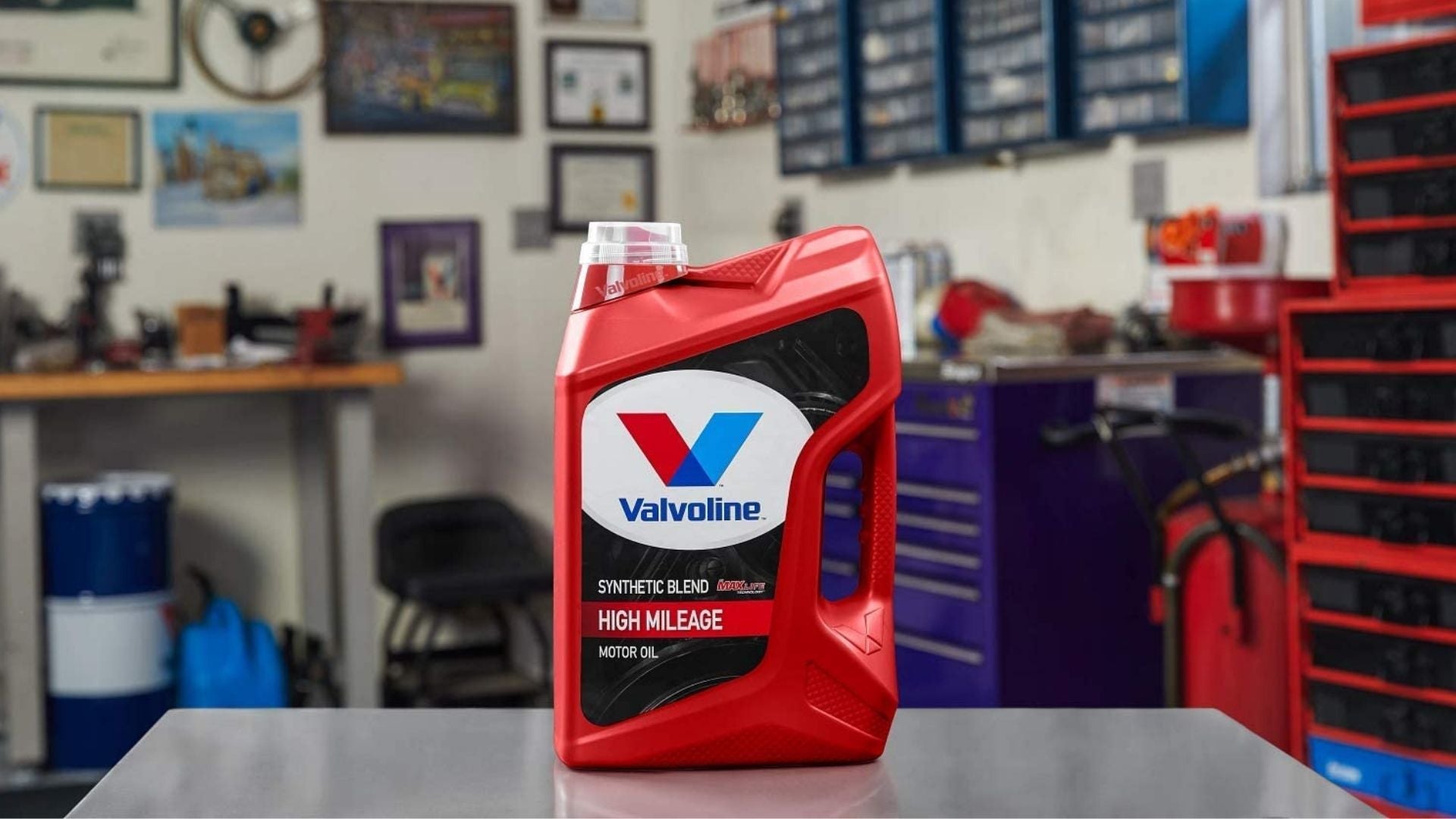Whether you're a road warrior who stacks up the mileage every year or you only use your vehicle for A-to-B-type stuff, having quality motor oil coursing through your vehicle's engine is an excellent way to keep it running in peak condition and ensure proper maintenance. And while you can just go down to your local auto-lube spot, why not opt for the best? Whether you are looking for great value, reliability, durability, or versatility, we've assembled a list of some of the best motor oils currently available on the market. Let’s get started.
Summary List of Best Motor Oil
Our Test Methodology
Surprisingly, it's not terribly easy selecting a solid list of the top motor oils on the market, even for old automotive hands like the author. There are so many to choose from and many different brands, all of whom use the same lingo to boast about how their oil is better than the others. We came to our choices by looking over more than 20 oils, taking current oil technology into consideration, and weighing out a well-rounded list that will benefit a wide range of consumers. Value came into play quite a bit as well, but the links we've included have the best prices online.
Best Motor Oil Reviews & Recommendations
Our Verdict on Motor Oils
For high-quality motor oil, consider Mobil 1 Advanced Full Synthetic 5W-20 Motor Oil, which is designed to reduce engine wear and make critical engine components run a lot smoother. Valvoline Advanced Full Synthetic SAE 5W-20 Motor Oil is a budget-friendly option, specifically formulated to protect against extreme engine stress due to stop-and-go driving, extreme temperatures, track driving, hauling, and towing. Liqui Moly Premium 5W-40 Synthetic Motor Oil is a premium oil that stands up to the high power output and heat of high-performance engines. It's an excellent choice for modified engines with more-than-stock power.
FAQs
You’ve got questions.The Autance has answers!
Q: What are some tips and tricks for selecting the right oil and performing this kind of maintenance?
A: Before you choose a motor oil, read your owner's manual. It will contain specific information from the manufacturer about your vehicle's engine and the recommended motor oil specific to the model, including the same SAE viscosity and possibly even the brand that the factory recommends.
While you may be tempted to use the best oil brand, it's more important that you use the best oil type for your vehicle. This is based on the make, model, year, mileage, and other requirements.
Less expensive, generic oils may meet SAE ratings, but they may not be as high quality as other brands. Generic products may not be as resistant to heat or have the same lubricating and cleaning qualities.
If your vehicle leaks oil on your garage floor, it could possibly be due to the front or rear (or both) crankshaft main seals, which can harden, lose flexibility, and crack. High-mileage oil has to seal conditioners that aid in restoring the strength and flexibility of this engine part.
You will also need to replace your oil filter when changing your oil. Check with your vehicle's manufacturer to ensure you use the proper filter. Also, it's a good idea to become familiar with the style of filter your vehicle uses, such as a cartridge or conventional.
Q: What does the label on a motor oil container mean?
A: The API label lets you know if the oil meets the current service rating as determined by laboratory and engine tests. There is also the Society of Automotive Engineers (SAE) star logo with the viscosity number and information on whether the oil has passed the energy-conserving test.
Q: What’s the difference between oil brands?
A: There actually isn't a lot of difference between motor oil brands. As long as you consistently use a top-rated, name-brand oil that's well-matched for your vehicle's engine and stay on top of maintenance, your vehicle should perform efficiently.
Q: How often should I change the oil in my car?
A: Check your owner's manual to determine the best maintenance schedule. Most newer cars can go 5,000 to 10,000 miles between oil changes. However, if you tow heavy items, do a lot of stop-and-go driving, drive your car on a racetrack, or go off-roading frequently, it's a good idea to change your oil more often, as the engine is working harder than usual.
Q: Is it worth it to use specialty oil?
A: Some motor oils have an extended-life feature, which purports users can wait for 15,000 miles between oil changes. However, it's crucial to check your owner's manual to determine how often you need to change your oil instead of relying on the recommendation of an oil brand.
Q: Is it OK to change my car oil from conventional to synthetic?
A: Be sure to check with your vehicle's manufacturer before you make the switch from conventional to synthetic oil. A trusted mechanic will also advise you about the best motor oil for your car or truck.
Q: What is a motor oil’s shelf life?
A: It depends on how the motor oil is stored. If the product is unopened and kept in a temperature-controlled environment, it should last for several years. If the oil is left in an open container in a garage that experiences drastic shifts in temperature, it could have a much shorter lifespan









